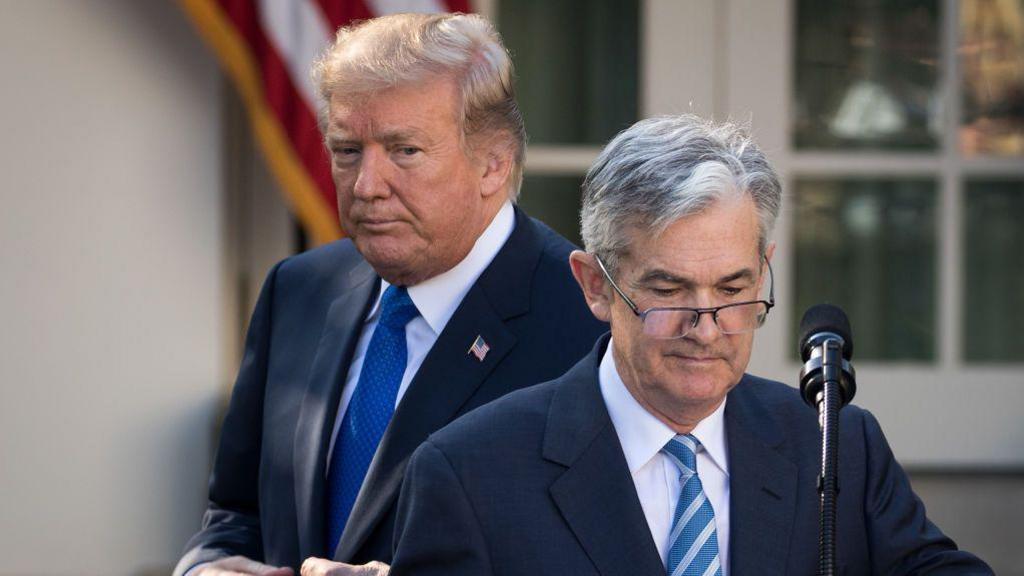
Stephen Roach, Senior Fellow, Yale University
Apr 28, 2025
Nearly five years ago, I warned that stagflation was only a broken supply chain away. A temporary outbreak did indeed occur in the immediate aftermath of the COVID-19 shock, as a surge in inflation coincided with an anemic recovery in global demand. But, like the pandemic, that economic disruption quickly subsided. Today, a more worrisome form of stagflation is in the offing, threatening severe and lasting consequences for the global economy and world financial markets.

Shang-Jin Wei, Professor, Finance and Economics at Columbia University
Apr 22, 2025
China has taken a tough stance against US President Donald Trump, matching the last two rounds of US tariffs with tariffs of its own. The US tariff on goods from China is now 145%, while China’s is 125%. Why does China take such a position, and are there any off-ramps that would allow it to mitigate the costs of a prolonged trade war?
Zhang Jun, Dean, School of Economics, Fudan University
Apr 22, 2025
There are signs that the Chinese economy has been improving, owing to the government’s September 2024 stimulus package. Year-on-year GDP growth in the first quarter of this year reached 5.4% – continuing the marked acceleration from the third quarter of last year.

Lucio Blanco Pitlo III, President of Philippine Association for Chinese Studies, and Research Fellow at Asia-Pacific Pathways to Progress Foundation
Apr 22, 2025
For many nations, a highly profitable trade relationship with the United States is now no longer a given. With President Trump’s tariff agenda looming over the world, how is Asia planning for a future where the U.S. may not be so open for business?
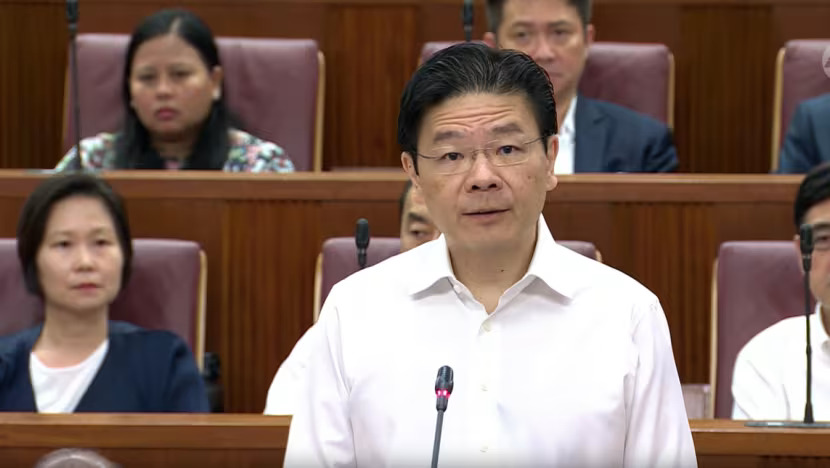
Richard Javad Heydarian, Professorial Chairholder in Geopolitics, Polytechnic University of the Philippines
Apr 22, 2025
The recent tariff episode shook global economic confidence in a way that’s only been seen in the aftermath of major catastrophes, despite relief coming in the short-term. Has the damage been done to America’s trade hegemony?
Warwick Powell, Adjunct Professor at Queensland University of Technology
Apr 18, 2025
America needs to come to peace with itself before it can come to peace with the rest of the world. Negotiating an economic detente that contributes to American national healing is, arguably, a question of global interest. But there won’t be any free lunches for the Americans.
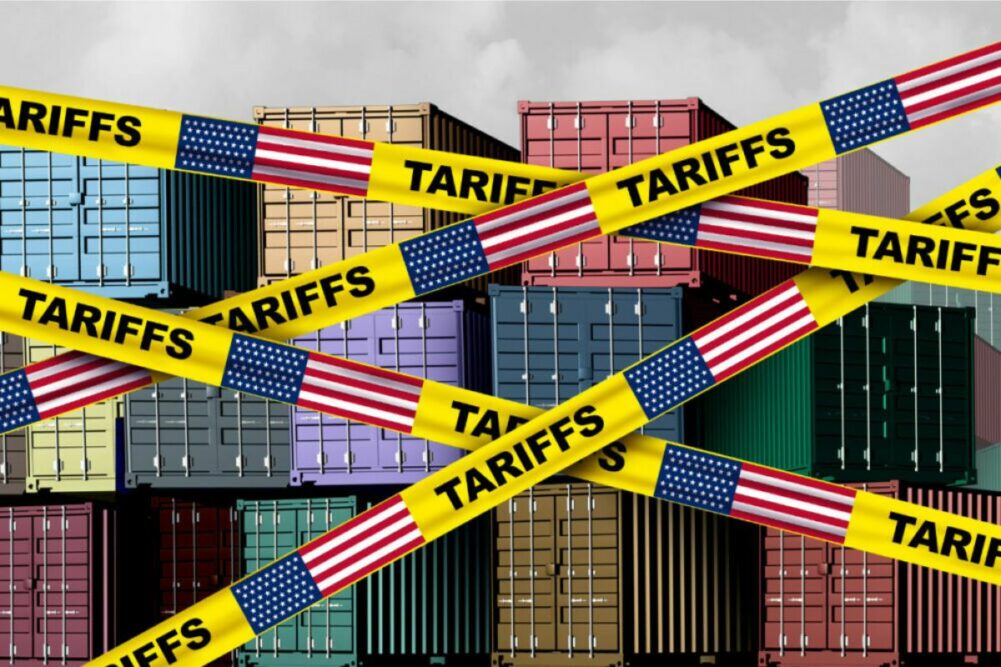
Lawrence Lau, Ralph and Claire Landau Professor of Economics, CUHK
Apr 18, 2025
An estimate of the impact of the tariff war between China and the U.S. on the Chinese GDP in 2025 is presented. The dependence of the Chinese economy on its exports and, in particular, on its exports to the U.S. has been declining significantly over time. At the current tariff rates, a total cessation of bilateral trade is a real possibility. Under the assumption, the reduction in the rate of growth of Chinese GDP may be estimated to be 1.2%, other things being equal. Even though the announced target rate of Chinese growth is around 5%, the weighted average of the target rates of growth of the provincial-level units is 5.26%, indicating room for further increase. In addition, China is expected to launch additional domestic economic stimulus measures in response to the new tariffs, which should result in an additional growth of 0.5%. For 2025 as a whole, a rate of growth of around 4.5% (5.26 – 1.2 + 0.5) may be predicted.
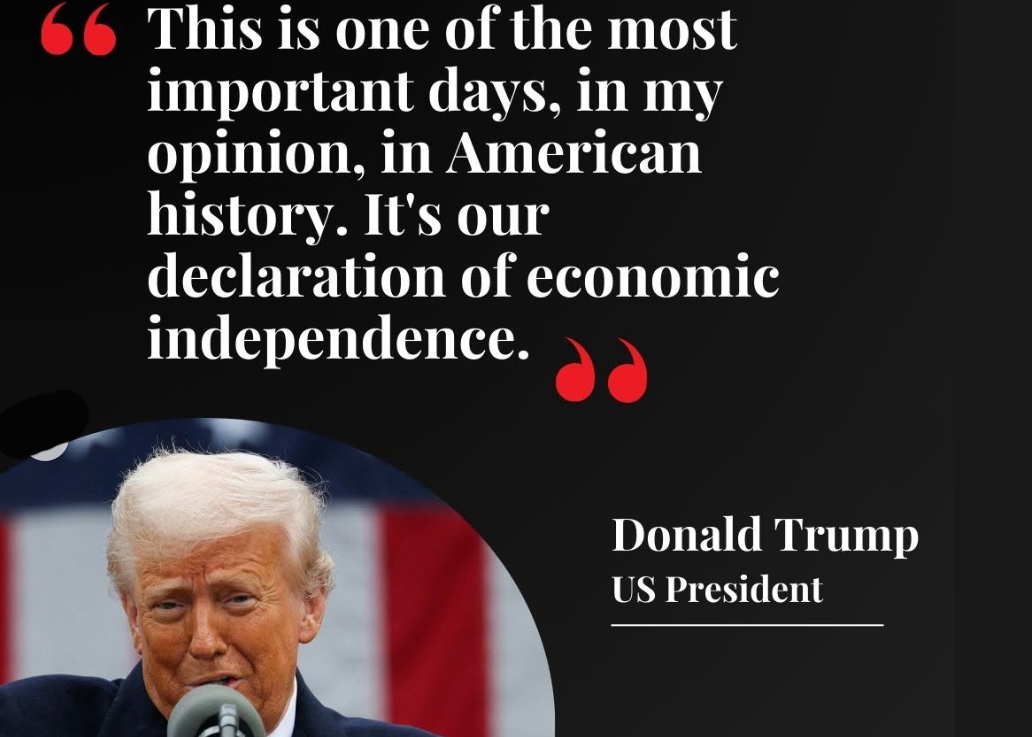
Wang Youming, Senior Research Fellow of BRICS Economic Think Tank, Tsinghua University
Apr 16, 2025
The effect on history of the last one — the Trump populist revolution — remains to be seen. What is certain, however, is that the Trump phenomenon, its support base and the logic of reform it represents, will not simply vanish.
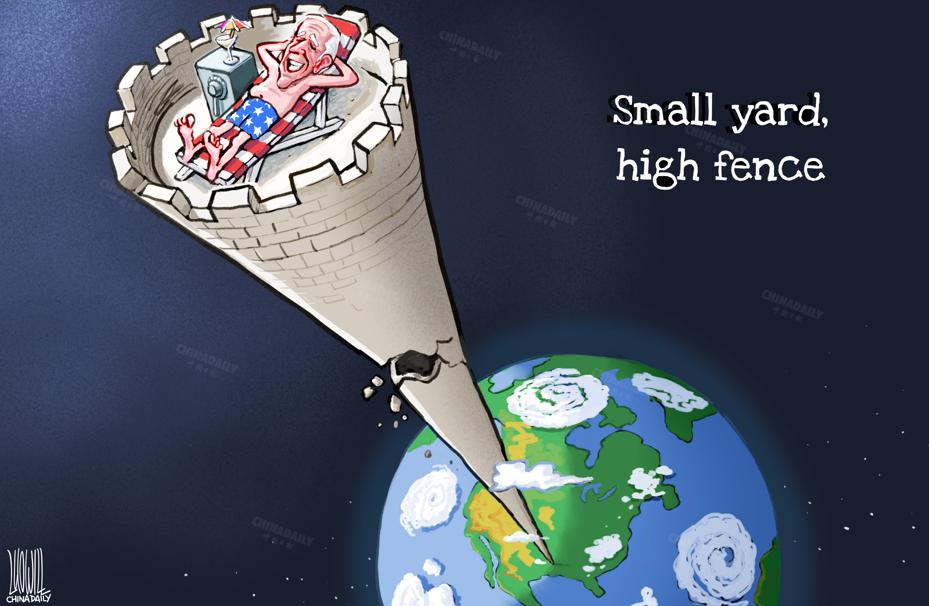
Ghulam Ali, PhD, Monash University, Australia
Apr 16, 2025
His poorly conceived global tariff war will severely affect U.S. consumers, increase inflation, damage America’s reputation as a reliable partner and put the entire global trade system and practices that the U.S. once championed at risk.
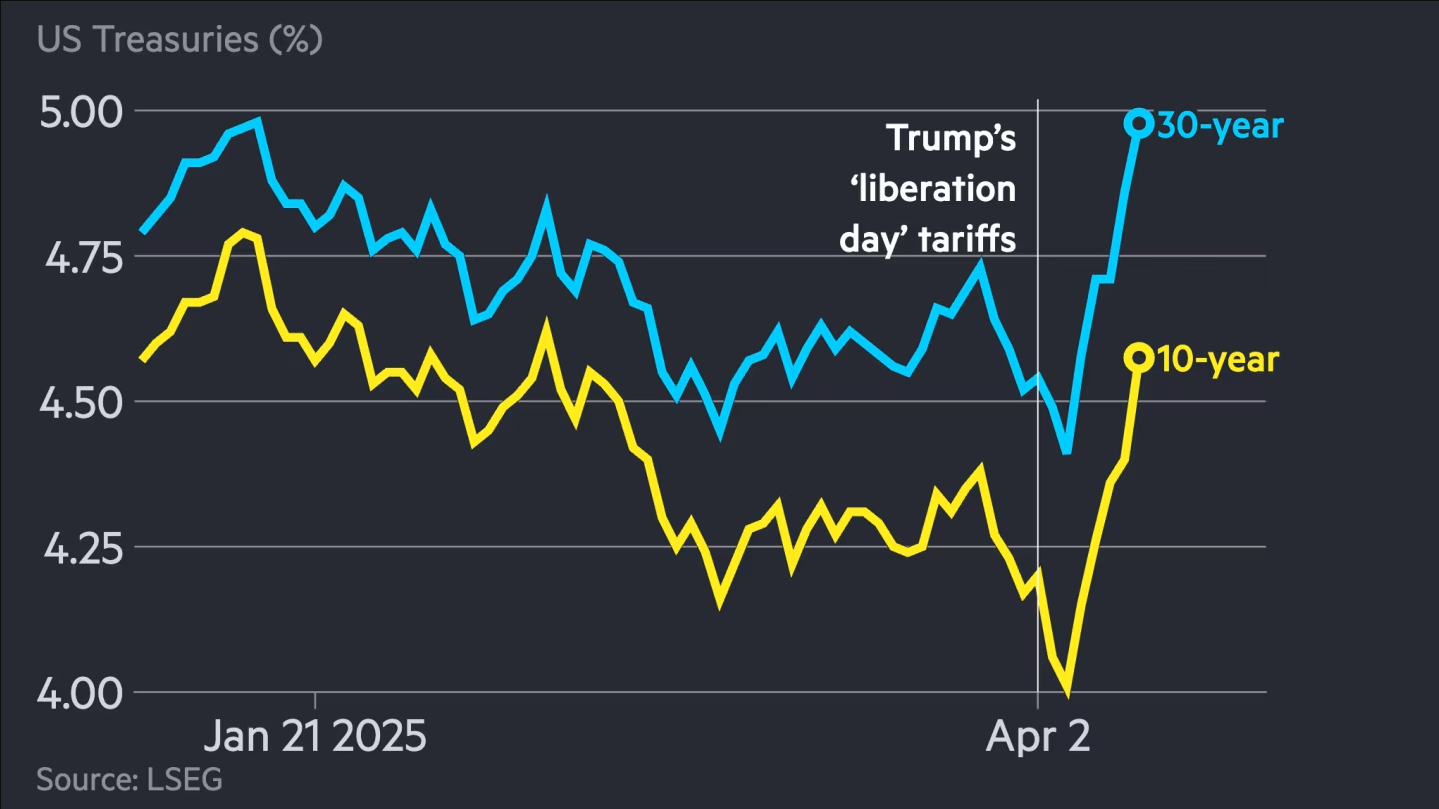
Christopher A. McNally, Professor of Political Economy, Chaminade University
Apr 15, 2025
Despite ongoing predictions of its decline, the U.S. dollar remains dominant—but rising debt, political instability, and market volatility are shaking investor confidence. If these trends persist, the world could shift toward a more fragmented and unstable multipolar monetary system.
Back to Top

- China-US Focus builds trust and understanding between the U.S. and China through open dialogue among thought leaders.
- Our Offerings
- Topics
- Videos
- Podcasts
- Columnists
- Research Reports
- Focus Digest
- Stay Connected
-
Thanks for signing up!
- Get the latest stories from China-US Focus weekly.